#henry seymour
Text
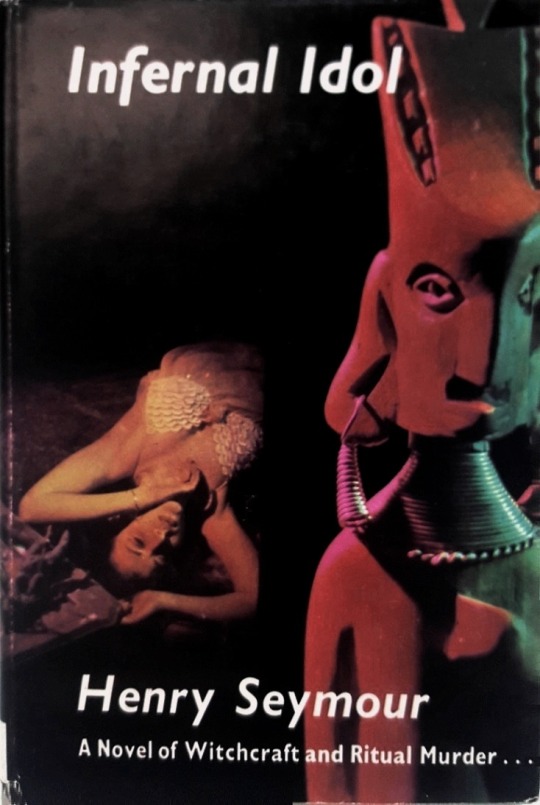
Henry Seymour (i.e. Helmut Henry Hartmann) - Infernal Idol - John Gifford - 1967
#witches#idols#occult#vintage#infernal idol#idol#infernal#inferno#hell#witchcraft#ritual murder#john gifford#henry seymour#helmut henry hartmann#1967
12 notes
·
View notes
Text
soo ... about that seymour adaptation...
edward seymour
i adore his whole ‘prodigal son’ vibe; norton repeatedly calls him “the star of the seymour family”. scard recounts his position as the second son as: “the eldest surviving son, john, may have lived until he was about 20 but he appears to have been overshadowed from an early age by his brother edward”. because edward does have a good start to his career, in some ways paralleling anne boleyn: he is selected to be a page of honour to the king’s sister, mary, when he was about fourteen years old. he therefore spent time in france, with scard pointing out that edward was a part of “one of the grandest households in europe”, before being the first recorded seymour to study at oxford.
i think his treatment of his first wife and their children is probably less to do with any kind of quasi-incestuous, patrilineal affair between katherine and his father (although, i am not opposed to that being included in an adaptation — with the stipulation that her youth and john’s position of authority over her be sufficiently acknowledged; i really enjoy the dissonance of two teenagers playing at adulthood, playing house while edward’s father accommodated them) and more to do with a ruthless willingness to take advantage of the system for his own benefit. he would similarly meddle “very craftily” (according to cromwell and audley) and “aggressive[ly]” (according to scard) over land ownership. he was ruthlessly opportunistic, “adept at trying to manipulate legal loopholes for his own benefit”; he would later attempt the same with katherine parr (frustrating her so much that she ranted to his brother that she would have bitten him). one contemporary professed “it is hard trusting to his courtesy, for he hath small conscience”.
likewise, he also aggravated the howards, through being of lower birth and newer money. i do not care for whether or not it is factually accurate, i very much intend to have henry howard, who hated edward, punch him in the face. (also iirc, edward later struck gardiner in the face. fabulous.) i would very much want to keep that element as a throughline in an adaptation; this monstrous class system, with it's horrific wealth divides, and the absurdity of old versus new money — especially given edward’s later complicity in the desperately punitive vagrancy act. the aristocracy of england is monstrous, and the howards and seymour exemplify different facets of it’s monstrosity: the ancient, old feudal monopoly of lands and resources (and that sense of innate superiority to others), and the ruthless drive to bleed resources dry in a constant pursuit of more. i have no interest in shying away from that; the sumptuousness of edward's career was paid for with the toil of the commons. somerset house, the grand and beautiful renaissance residence he built, was built at the same time and nor far from the religious houses edward tore down for building materials: st john of jerusalem (smithfield), was “undermined and overthrown with gunpowder” for it’s stone, st paul’s cloister and charnel house was partially demolished for rubble, the bones of those laid to rest there dumped in finsbury. he was granted and spent thousands on syon abbey. plundering of religious buildings and desecration of human remains was inexorably tied to the wealth and prestige of edward seymour’s (and the howards) career; “if the seymours had drunk innocent blood, then the howards had allowed them to do so” (childs). (“and thus behold my kind, how that we differ far; [...] i can devour no yielding prey, you kill where you subdue. my kind is to desire the honour of the field, and you, with blood to slake your thirst of such as to you yield. [...] and if to light on you my hap so good shall be / i shall be glad to feed on that that would have fed on me.”)
i think his marriage to anne stanhope, would be fabulous as a relationship dynamic. it seems like a successful marriage; the pair are active at court and are, certainly, the centre of the seymour faction at court, in the 1530s. it is the pair who facilitate jane seymour’s courtship with henry viii, for example. under edward vi they occupy the awkward position of functional royalty, with no real claim to it (yet, who is to say they are an autocratic power-grabbers when assuming they have no legitimate claim to that power and wealth assumes it is possible to ever have a legitimate claim to that level of power and wealth). they had several children and through his disinheriting his children by katherine filliol, he sought to protect his family with anne, with the same ruthlessness we should come to expect from him.
good wolf imagery with anne stanhope's family emblem being a wolf. thumbs up.
his successful career as a military man, despite his inflexible, abrasive attitude makes me think that his otherwise promising career was handicapped by flaws in his personality rather than his skillset. van der delft recorded that edward was “looked down upon by everybody as a dry, sour, opinionated man”. i feel like he fundamentally failed to co-operate at court, amongst those more attuned to courtly love tropes etc., arguably in-keeping with the idea of the seymours being less chivalrous/romantic, and more practically minded, a la edward’s sisters being educated in bastard script.
(also arguably a foil to anne boleyn in that idea of two up-and-coming, humanist leaning, reformist courtiers (with slightly controversial betrothal/marriage histories prior to court) whose talent is undermined by their arguably ‘unpalatable’ personalities and their overreaching ambition... could be fun to play on that as edward undermines anne in 1536, especially when he has to carry her motherless (made motherless by his actions) daughter for his nephew’s baptism, and ultimately they wind up buried together.)
tbh the way i envisage edward is summed up nicely by this quote from tudor times: “it may be that his talents fitted him to be a second-in-command, but that the very attention to detail that had made him a successful commander in the field, made him unsuited to the strategic vision and ability to delegate and consult that mark out the true leader. consequently, he became defensive, unwilling to take advice, and quick to take offence”.
primary sources: margaret scard, tudor king in all but name: the life of edward seymour; stephen alford, kingship and politics in the reign of edward vi; diarmaid macculloch, tudor church militant: edward vi and the protestant reformation
henry seymour
kind of obsessed with second sons, the embodiment of ‘the spare’ (henry was born around the same time as henry viii ascended to the throne, so he’s named after another spare).
he entered royal service in 1526, so a few years ahead of jane seymour probably going to court — which is also interesting considering they both joined catherine of aragon's household. i actually would like their relationship explored more — jane’s will bequeathed him “several valuable chains”, and he named his daughter after her.
i actually have zero interest in the idea that henry was the ‘good’ brother… he was clearly very much part of the seymour ‘faction’ of the 1530s — he was willing to pick at the carcass of anne boleyn’s household, as he took mark smeaton’s position after anne boleyn’s fall. likewise, jane rewarded him with several offices and entrusted him with administering her estates as queen. so, whilst he may not have been as ambitious as his brothers, he was clearly an active part of the seymour family’s ambitions, and was adaptive and willing to reap his spoils at court.
in spite of norton describing him as “content to remain in the country”, a man who “never sought the glittering careers of his siblings”, he was at court for a significant time, occupying significant positions. he ultimately did not seek, or at least did not achieve (as we don’t know enough about him to conclude he did not want them) the kind of promotions his brothers achieved, but i don’t honestly think his career was distinctly less ‘glittering’ than thomas’ or his father’s…
and his court career otherwise argues for him to be of more significance than he gets recognised for. the idea that henry “remained in the shadows” (scard) is rather difficult to reconcile with someone who held onto such a ridiculously expensive and coveted position such as queen’s carver under multiple queens. given the prominence of strict hierarchy in carving and serving food, henry would surely have been well-versed in the court dynamics, the politics of meat (to steal the phrase).
his responsibilities and seeming skill as carver also lend itself to imagery of hunting and butchery that goes so well with wolf hall and savernake forest. henry would have been skilled at carving and dismembering animal carcasses for the queen — which would be potent imagery to play with considering the seymour rise (like a phoenix) out of the ashes of anne boleyn, an old, dead bird (falcon); more bluntly with the imagery of carving and meat and picking at the remains of anne boleyn's carcass....
(fabulous wolf imagery continues with him marrying barbara wolfe.)
i think it’s interesting that of all john’s sons, henry’s seems to follow his most closely. he has a decent career at court, and clearly enjoys favour (being made knight of the bath & receiving royal grants of land under edward vi) with some military positions, but never seems to establish himself as a major personality. he ultimately establishes himself more locally, elected the mp for hampshire, and serving as high sheriff of hampshire between 1568-69.
as for family motivations, he may well have been close to his family as he was the sole executor of his mother's will. but when edward seymour asked him to send troops for support, henry supposedly ignored him and did not reply. he also did well under john dudley's administration, showing the same ability to reap the spoils of someone's fall as he did during anne's fall, only this time it was his own brothers.
it must also have been a challenging time for him in the 1560s-1570s; he was with his mother when she died, and had (at this point) lost his father, jane, thomas, edward, and three other siblings. it seems like he had lost a few children of his own at this point, too. his niece, mary seymour, quietly disappears from the record, and probably dies young, removed from her seymour family. he is presumed to be the last seymour child of this generation to die.
therefore, henry seymour (alongside sisters dorothy and elizabeth) becomes witness to the decline of the seymour family that he knew — the family would remain prominent (edward’s children, for example, retained careers and significance at court) — but in many respects the seymour ‘faction’ was obsolete at this point, and because he was at court, i feel like his perspective of this decline is the most significant: he would have seen the highest highs, in ways his sisters would not have.
primary sources: david loades, the seymours of wolf hall; elizabeth norton, jane seymour: henry viii’s true love
thomas seymour
🐀
firstly, i think it’s profoundly significant that thomas seymour would have been at wolf hall when katherine filliol came into his father’s house. he and katherine were around the same age. he would have been about eleven when katherine gave birth to her baby, john, in 1518. i think it’s really worth remembering that thomas seymour may well have witnessed his father groom his teenage ward. the set up for thomas’ relationship with lady elizabeth is there from the beginning.
his first position, under francis bryan, can be dated to the mid 1520s — so there seems to have been a mass exodus of seymour children from the family home to court (as henry and jane also come to court around this time), and in more than one case, probably in connection to francis bryan. which i think makes for fun potential, considering the dormer’s allegedly not wanting to associate with the seymour's on account of scandal, which has been attributed to the vicar of hell’s reputation.
in an adaptation, he’s a fabulous foil to edward: he seems to have been considerably less able, his career far more being credited to the successes of his immediate relatives, his blood carrying him further than any innate talent. throckmorton’s decription of him — “hardy, wise and liberal […] fierce in courage, courtly in fashion, in personage stately, in voice magnificent, but somewhat empty of matter” — creates this fun parallel of thomas having the charisma that edward lacked, but none of his ability; as elizabeth described him, thomas was “a man of much wit, but very little judgement”, or, according to nicholas throckmorton, “somewhat empty of matter”. norton likewise describes him as: “he was not a man of half measures. he entered into everything with gusto and determination, but not always skill or foresight.”
and there is something poignantly frustrating about how impotent and insignificant thomas seymour is, as the youngest seymour son (even if henry arguably had a less distinctive career, it seems considerably more stable, and he was with their mother when she died). his personality was praised, he seems to be popular with members of court, but he seems to fail to achieve much off of that in his own right. his first known role was in the service of his kinsman, described as “servant to sir francis bryan”, so a minor role at court and likely a family affair. he was made a gentleman of the privy chamber in october 1536, almost certainly on account of his sister's marriage to the king, and had the honour of being one of the gentlement who held the canopy over baby prince edward’s canopy at his christening in 1537, and knighted at the same ceremony that saw edward made earl of hertford. numerous grants of lands and titles probably can be attributed to his (and his family’s) friendship with thomas cromwell — “these two are more likely to have come via cromwell's mediation rather than that of the queen”. whilst edward was inducted into the order of the garter in 1541, thomas took longer to get there, despite being nominated every year from 1543 to the year of his eventual induction: 1547.
so there is this strong set up for a resentment and jealousy, not specific to edward, but to this general sense of resistance to his own juvenile status. which is, to some extent, an inevitability within a system that relies of primogeniture: he is the third surviving son, after all. he has no claim to a solid inheritance. but it also smacks of entitlement when you remember how privileged he was, and how many rewards he enjoyed on behalf of his family. we can’t identify these thoughts or feelings in the historical man, and assuming them of him would be an anachronism, but i think it would be interesting to explore in an adaptation.
still, i think he could be interesting as a man desperate to assert himself: loades speculates that presumably thomas was a gentleman volunteer on the king’s ships for some considerable time before his being made captain of the sweepstake in 1537, as such a position would demand experience of which no evidence survives. i do enjoy the idea of this, and would like to carry it through into an adaptation - of thomas throwing himself at opportunities to try and make his mark. clearly, he otherwise must have proved himself, since he did receive rewards in 1532 - his first grant, forester of enfield chase, which he likely did not obtain through his brother or bryan, and certainly not his sister jane. so, it would not be unreasonable that thomas was capable of progressing his career on his own merit. but, i think there’s something significant in the fact that most of his ‘achievements’ were granted by virtue of his blood rather than any personal achievement, both as an indication of how parasitic the court world of tudor nobility was, but also as characterisation of a man who had a lifelong relationship with doing the utmost to climb to the top of said parasitic ladder. thomas was a monster a monstrous system created.
so he's tossed about in marriage negotiations with mary howard, up until around 1540, which he seems enthusiastic about (irrespective of the fact that mary very much is not), and these two families that do not like each other are forcibly trying to force themselves to be tied to each other, all in the name of the prestige of being a little closer to the royal circle.
on that note, it would be interesting to adapt his time as ambassador to the king of hungary in 1542, where he travels to nuremberg with charles howard, both brothers to late queens of england (katherine howard, and jane seymour), especially after thomas seymour was the one to confiscate the queen’s jewels from katherine. fun foreshadowing for the later drama between his wife (katherine parr) and anne stanhope, as well as a play on the timeline of his relationship with katherine parr, as their courtship is interrupted by henry viii’s marrying katherine, in an ironic repetition of recent history as the same seems to have taken place between katherine howard and thomas culpeper.
by 1543, he has met katherine parr, and she later claims that she would have married thomas after latimer died, but it's not known what thomas felt about her. perhaps controversially? i do think he had feelings for her: she was an attractive, resolved and intelligent woman. norton points out that they shared a common interest in religious reform, and arguably one can see a compatibility between them, considering parr’s noted love of finery. and moreso in an adaptation, if we characterise thomas as ambitious and trying to accumulate more wealth, power and prestige for himself, i don’t think parr was enough of a notably, wealthy widow to be that attractive to him without some kind of personal incentive. and i am not interested in characterising thomas (or any of these people) as fundamentally incapable of love.
and i do think thomas, with that constant, entitled sense of juvenile inadequacy, raging against the patriarchal, primogeniture system, while still determined to co-operate within it, and seemingly only able to cope with it if he is able to be at the top of the pecking order he feels he is oppressed by... being in a competition over a woman with henry viii, himself an aberration against the ideal of masculinity (old, obese, his virility thoroughly undermined in both his ability to father sons and his being cuckolded). well, i adore exploring toxic masculinity with sensitivity, but also, it’s fascinating and very funny. it completely exposes the ridiculousness of these systems and structures.
it’s the same with his relationship with edward vi: whilst i don't doubt he may well have felt genuine affection for his nephew (and i did like how the brothers saw edward, in part, as an extension of their dead sister in becoming elizabeth — and i am shamelessly stealing that idea), edward vi is also the embodiment of peak masculinity whilst inherently an inversion of it by virtue of his age.
primary sources: david loades, the seymours of wolf hall; elizabeth norton, catherine parr; elizabeth norton, the temptation of princess elizabeth; stephen alford, kingship and politics in the reign of edward vi
#also many thoughts abt anne and edward having two children called jane and two called henry… 😭#this got long and hit limit so ...#guess i am not going into the whole. Bullshit. with the protectorate and whatever the fuck thomas was up to here#seymour adaptation tag#thomas seymour#edward seymour#henry seymour#how did thomas get the longest segment when he's the least favourite brother
4 notes
·
View notes
Text
Henry Seymour in heaven after serving as carver in multiple queens’ households, accepting defeat in his navel career, receiving a lucrative inheritance after the death of his sister and multiple royal land grants during the reign of his nephew, coasting through his shitheel brothers’ executions unscathed, keeping his head down and dying peacefully in his home at the age of 75:

#sticks his head down into the fiery pit just to be like ‘you were so fucking dumb Edward’#‘SOME OF US knew when to SHUT THE FUCK UP’#henry seymour#the tudor dynasty
27 notes
·
View notes
Text

All Henry VIII Wives together
Tumblr really doesn't like this one. Click for higher res.
#tudors#tudor history#henry viii#six wives of henry viii#catherine of aragon#anne boleyn#jane seymour#anne of cleves#catherine howard#katheryn howard#katherine parr#catherine parr
1K notes
·
View notes
Text
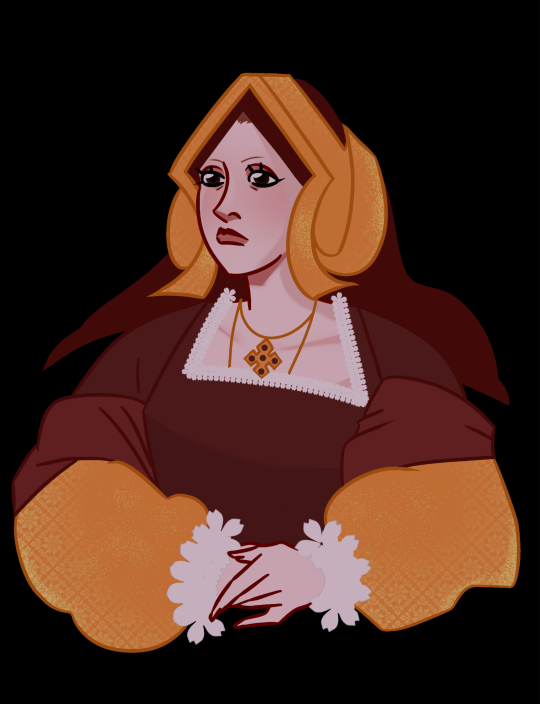

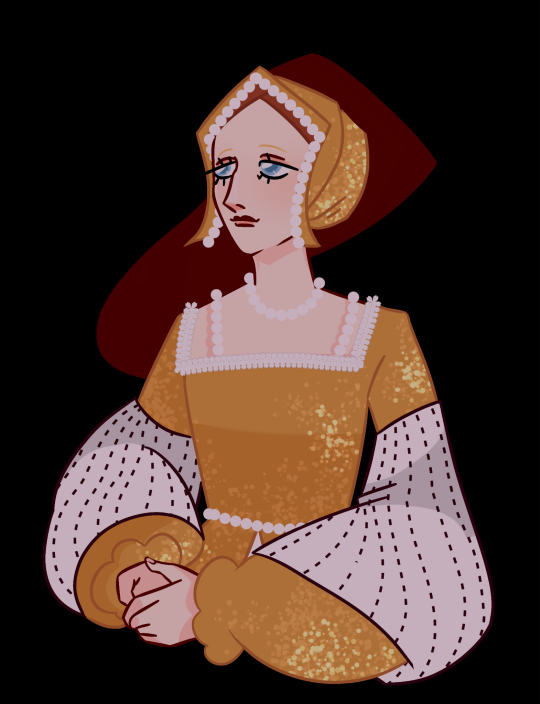
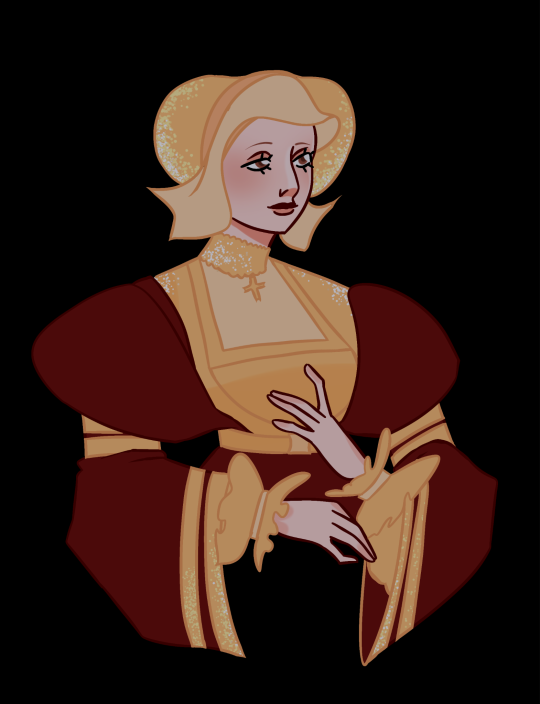

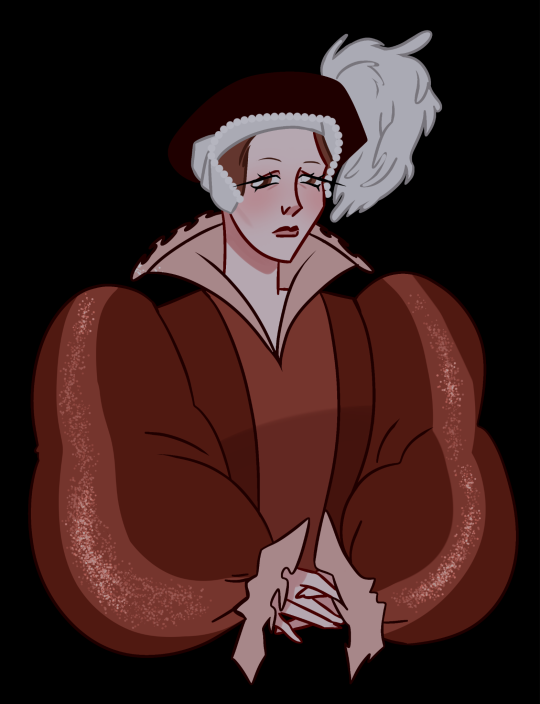
#tudors#tudor history#henry viii#six wives of henry viii#catherine of aragon#anne boleyn#jane seymour#anne of cleves#katherine howard#catherine parr#art#digital illustration#taniata's art#women in history
528 notes
·
View notes
Text
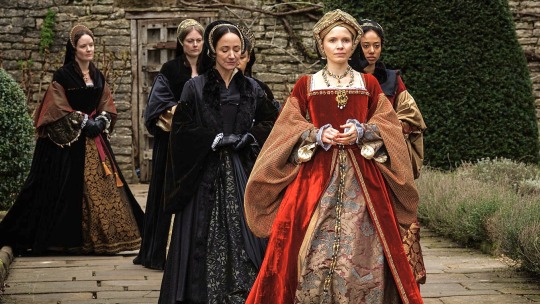
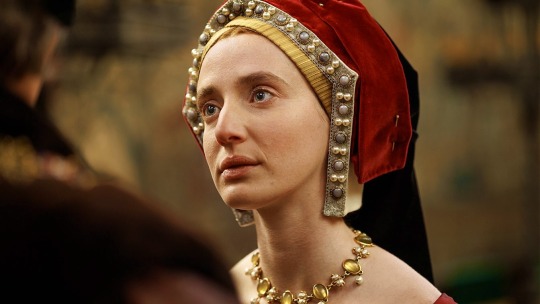

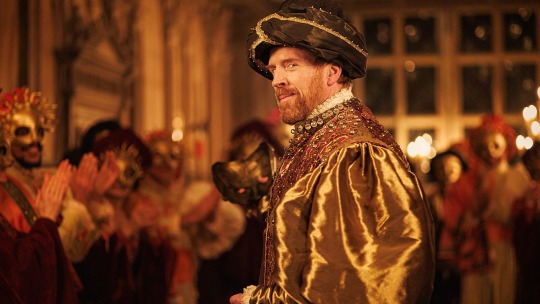
First Look Pictures from Wolf Hall: The Mirror and the Light
source
#wolf hall#wolf hall: the mirror and the light#jane seymour#mary i#mary tudor#margaret pole#henry viii
327 notes
·
View notes
Text

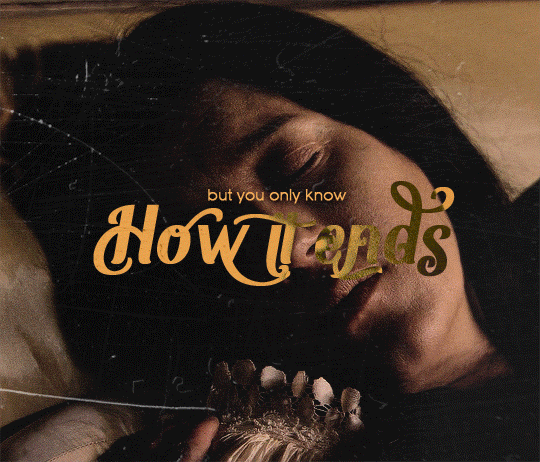


THE TUDORS (2007-2010) | Written by Michael Hirst
RELEASE DATE — 1 April 2007 –20 June 2010
#the tudors#henry viii#anne boleyn#katherine of aragon#anne of cleves#katherine howard#jane seymour#natalie dormer#jonathan rhys meyers#periodramaedit#weloveperioddrama#onlyperioddramas#tudorerasource#tvgifs#usergif#userlenna#usersjen#tusergabriela#userzil#valyrianpoem#violaobanion#mine#thetudorsedit#henryviiiedit#anneboleynedit#katherineofaragonedit#anneofclevesedit#katherinehowardedit
294 notes
·
View notes
Text
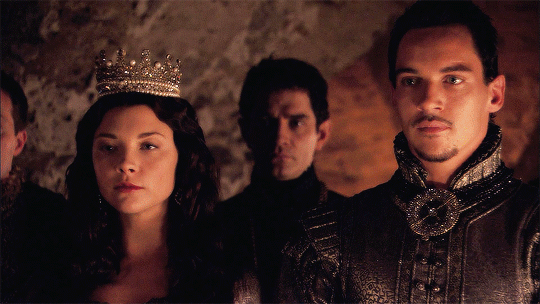
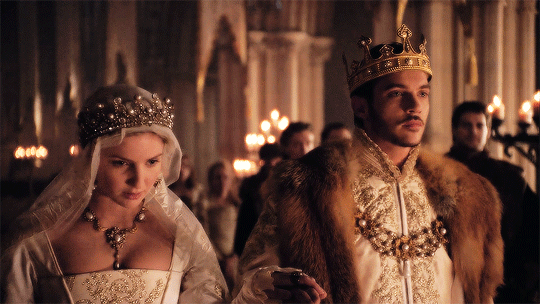
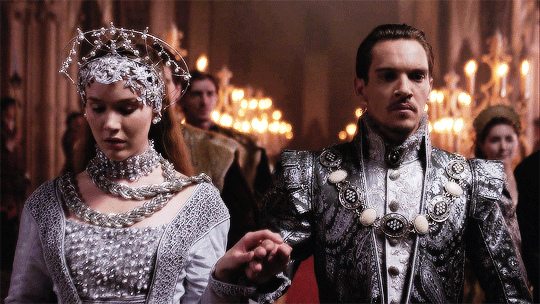


THE TUDORS + HENRY VIII WEDDINGS
Anne Boleyn: 2x03
Jane Seymour: 3x01
Anne of Cleves: 3x07
Katherine Howard: 4x01
Catherine Parr: 4x07
asked by anon
#thetudorsedit#the tudors#henry viii#anne boleyn#jane seymour#anne of cleves#katherine howard#catherine parr#jonathan rhys meyers#natalie dormer#annabelle wallis#joss stone#tamzin merchant#joely richardson#s2#s3#s4#perioddramaedit#period drama#tudorerasource#tudor era#historical fiction
729 notes
·
View notes
Text
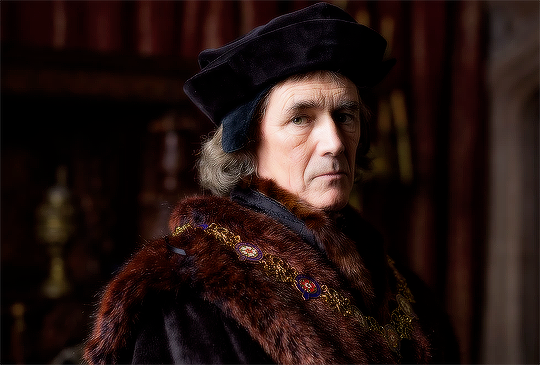
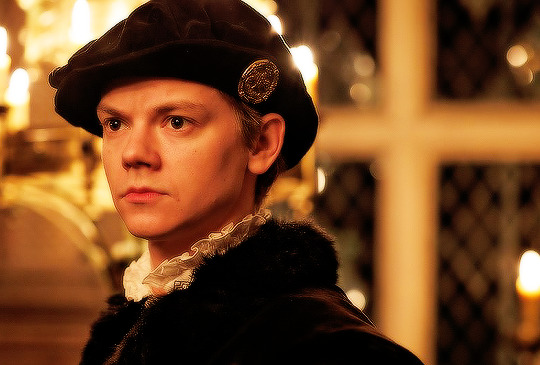
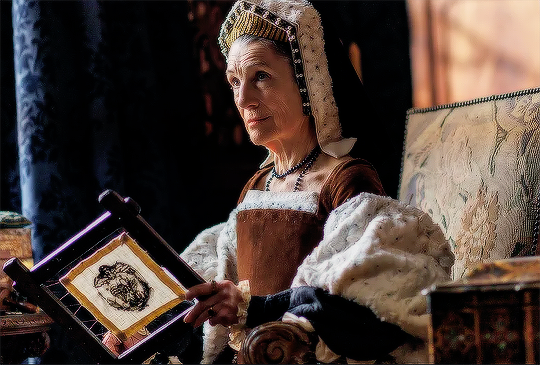



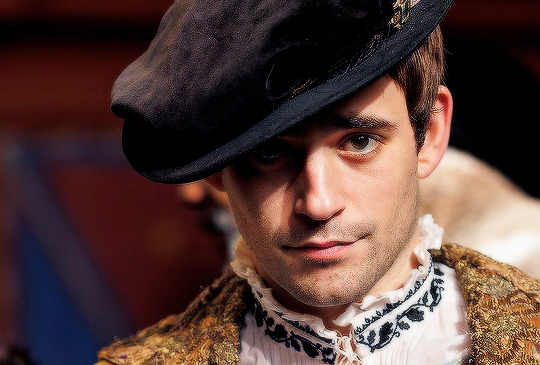
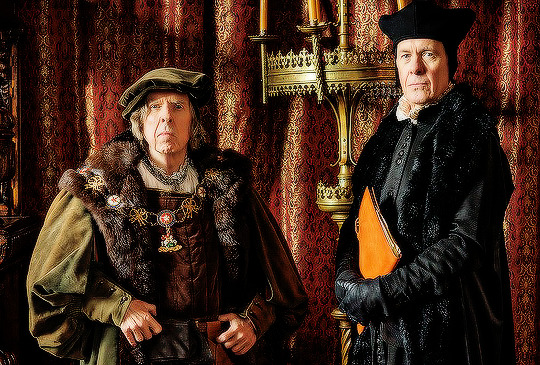
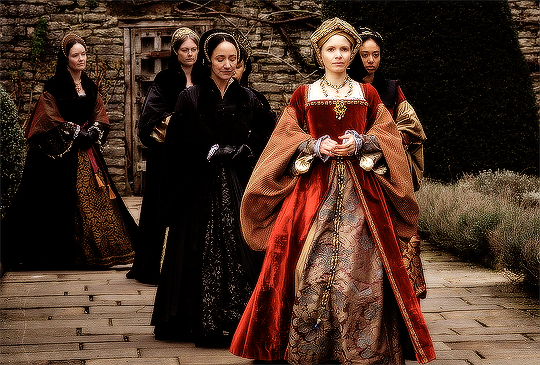
˙✧˖°📷 ༘ ⋆。˚ First-look pictures for Wolf Hall Season 2
Mark Rylance as Thomas Cromwell | Thomas Brodie-Sangster as Rafe Sadler | Harriet Walter as Lady Margaret Pole | Damian Lewis as King Henry VIII | Harry Melling as Thomas Wriothesley | Lilit Lesser as Princess Mary | Charlie Rowe as Gregory Cromwell | Timothy Spall as the Duke of Norfolk and Alex Jennings as Stephen Gardiner | Kate Phillips as Jane Seymour — x
#wolfhalledit#wolf hall#hilary mantel#thomas cromwell#mark rylance#henry viii#jane seymour#mary i#damian lewis#thomas brodie sangster#harriet walter#lilit lesser#timothy spall#kate phillips#wolf hall cast#weloveperioddrama#tudorerasource#*#tudor era#period drama#pics
168 notes
·
View notes
Text




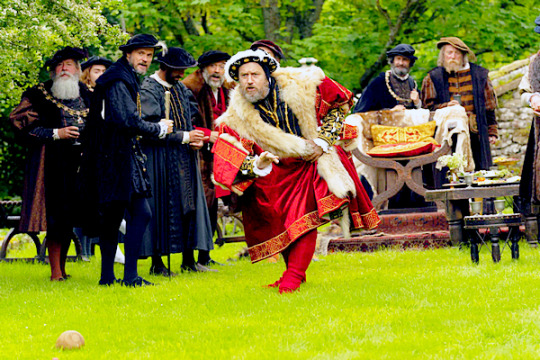

Jude Law as HENRY VIII, KING OF ENGLAND
with Alicia Vikander as CATHERINE PARR, QUEEN OF ENGLAND
and Eddie Marsan as EDWARD SEYMOUR, EARL OF HERTFORD
[Firebrand promotional material]
#firebrand#firebrandedit#perioddramaedit#jude law#alicia vikander#eddie marsan#henry viii of england#henry viii#catherine parr#katherine parr#edward seymour#original edit#edit#movie: firebrand
162 notes
·
View notes
Text
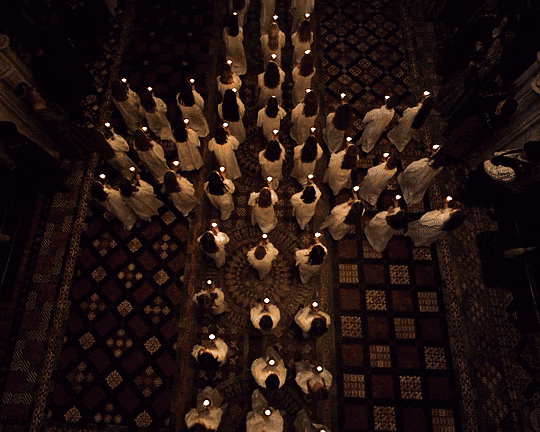
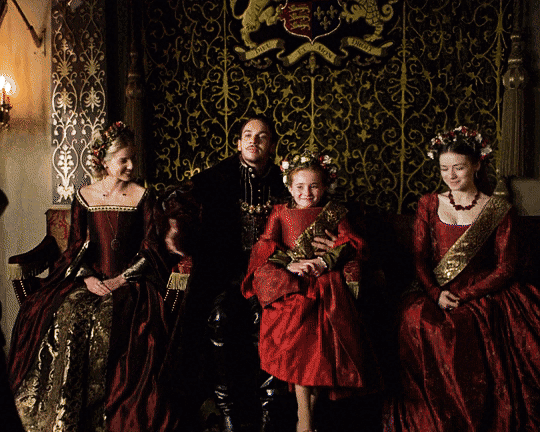
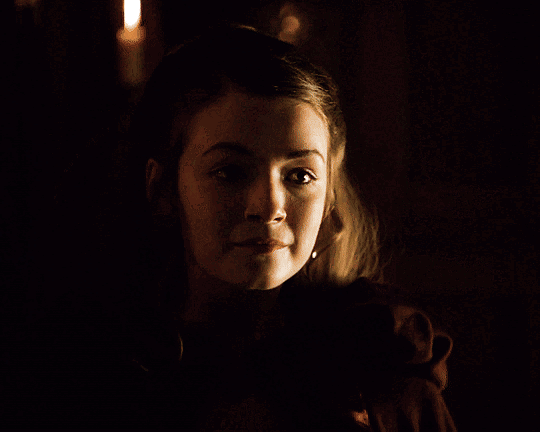
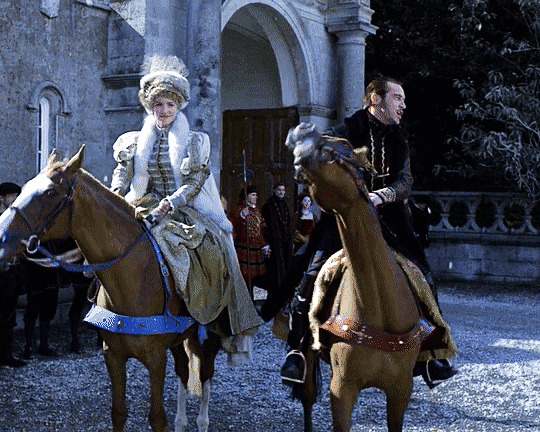


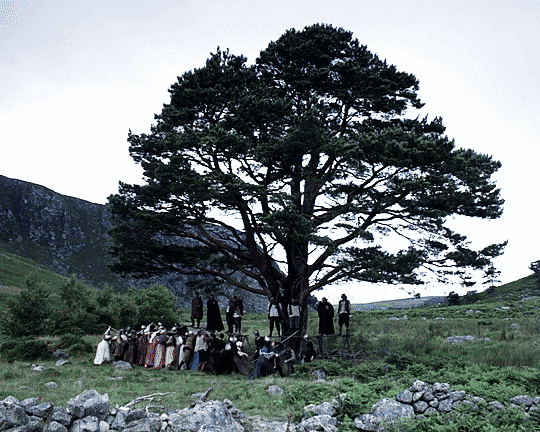
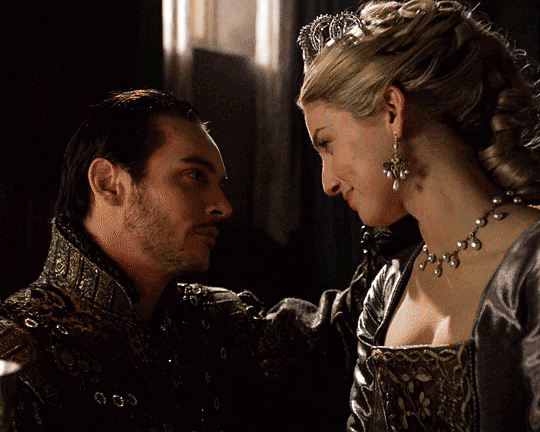

The Tudors 3.03
“Dissension and Punishment”
179 notes
·
View notes
Text
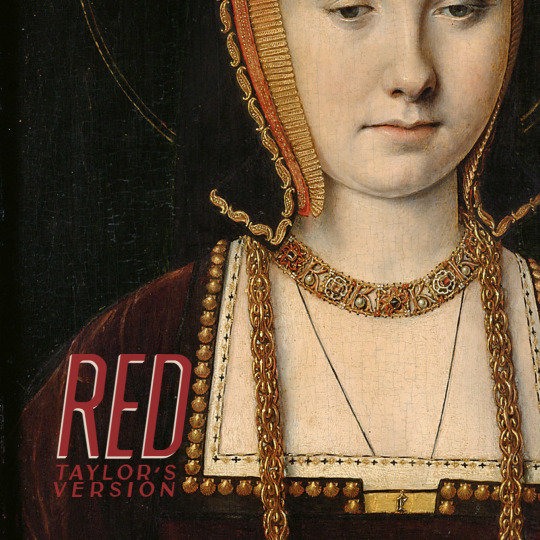
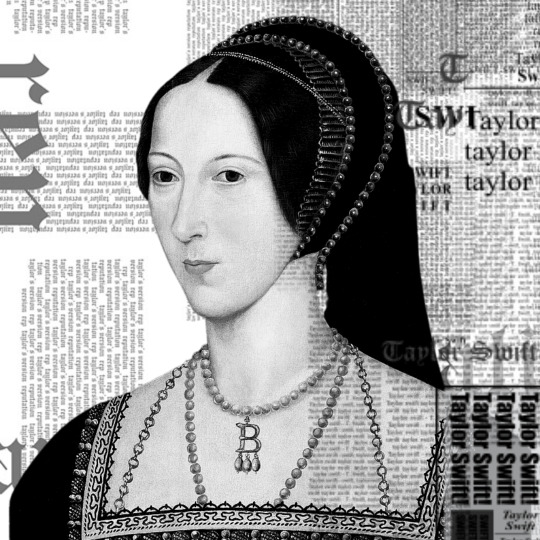


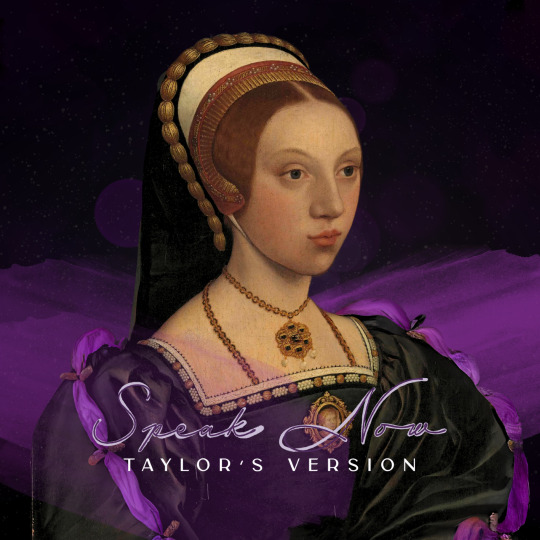

the six wives of henry viii as taylor swift album covers
#the tudors#taylor swift#henry viii#anne boleyn#catherine of aragon#jane seymour#anne of cleves#katherine howard#catherine parr#reputation#midnights#lover#1989 tv#the six wives of henry viii
244 notes
·
View notes
Text

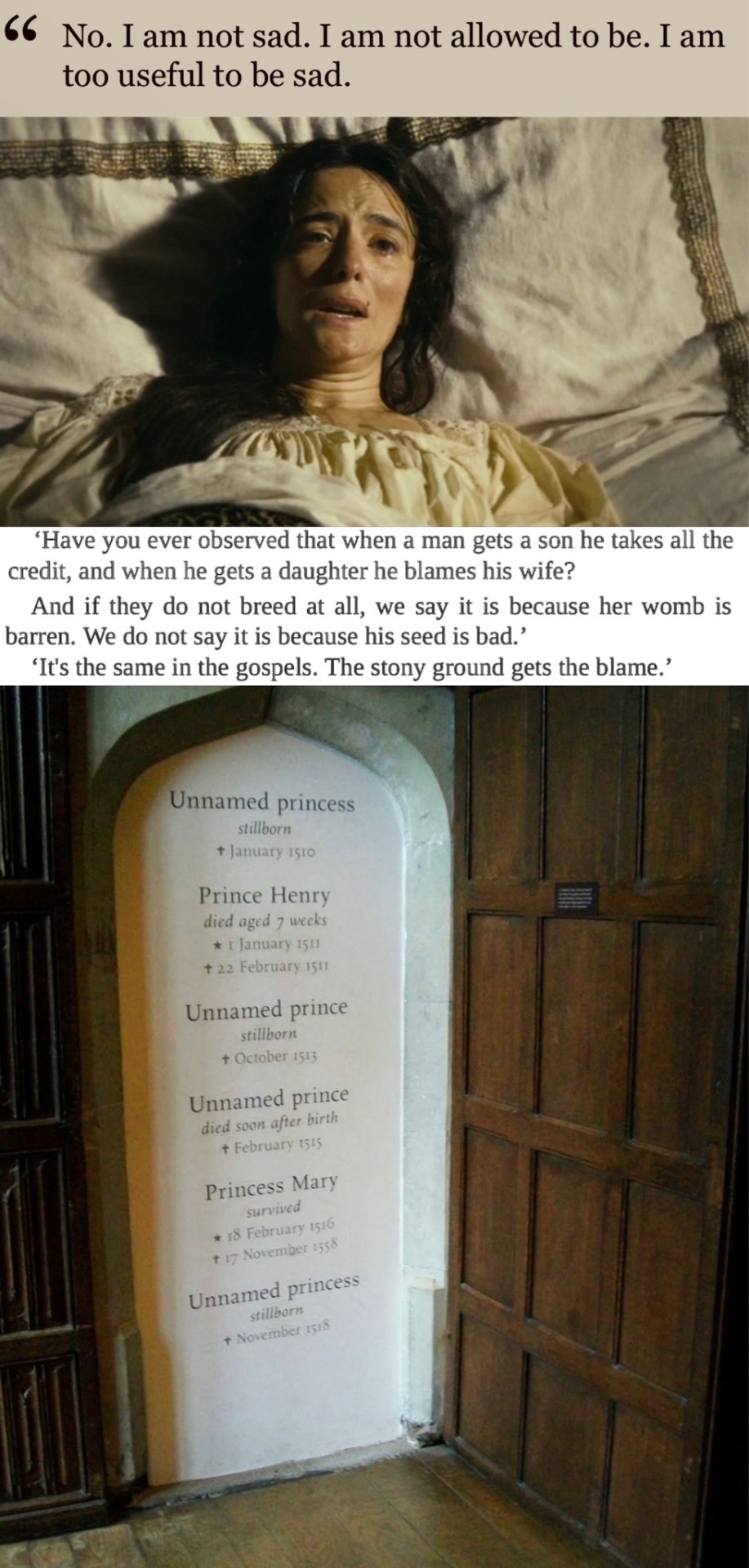
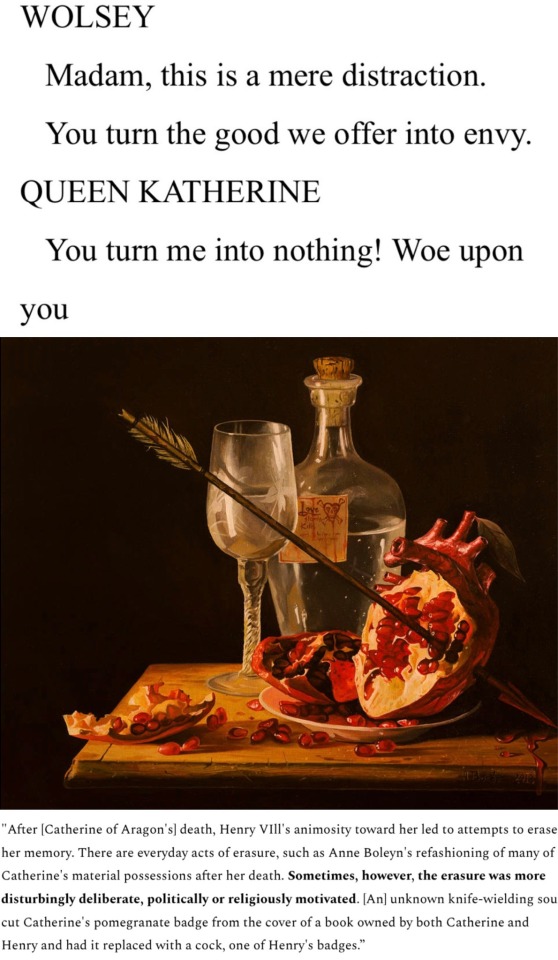
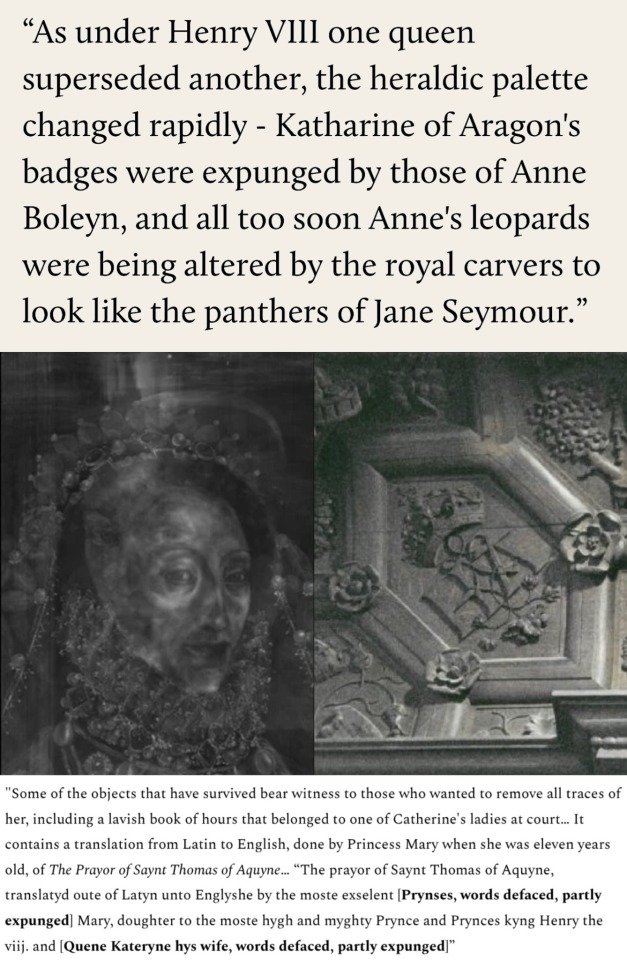


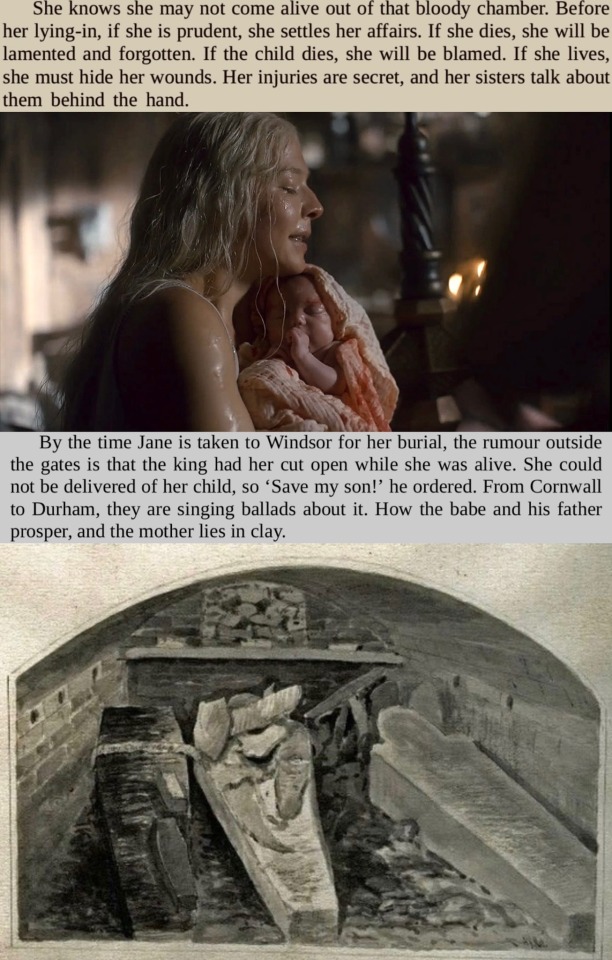

YOU TURN ME INTO NOTHING, WOE UPON YOU
The Mirror and the Light, Hilary Mantel / Ana Torrent in The Other Boleyn Girl / Wolf Hall, Hilary Mantel / memorial for Catherine of Aragon’s children at Hampton Court / Henry VIII, William Shakespeare / Love Slowly Kills, borda / Catherine of Aragon: Infanta of Spain, Queen of England, Theresa Earenfight / Houses of Power, Simon Thursley / Portraith with a serpent, X-Ray , unknown painter / Henry VIlI and Anne Boleyn's initials, King's College Chapel, Cambridge / Catherine of Aragon: Infanta of Spain, Queen of England, Theresa Earenfight / 29 January 1536 – Anne Boleyn “Miscarried of her Saviour”, Claire Ridgeway / Natalie Dormer in The Tudors / The Mirror and the Light, Hilary Mantel / Postcard, Amazon Quarterly / Roman Marble Relief of the Three Graces, circa 2nd Century A.D. / Catherine of Aragon: Infanta of Spain, Queen of England, Theresa Earenfight / Poster for Mother!, James Jean / The Mirror and the Light, Hilary Mantel / Unfinished portrait of Jane Seymour, after Hans Holbein the younger / This Is Not The Portrait Of Jane Seymour, Edoardo de Falchi / The Mirror and the Light, Hilary Mantel / Emma D’Arcy, House of the Dragon / The Mirror and the Light, Hilary Mantel / Henry VIII’s vault, A.Y. Nutt / The Mirror and the Light, Hilary Mantel / Saiorse Ronan in Mary, Queen of Scots / 1782 depiction of Katherine Parr’s lead coffin, unknown / The Mirror and the Light, Hilary Mantel / a piece of hair cut from the head of Katherine Parr, collection of Sudeley Castle / a piece of Katherine Parr’s burial gown, collection of Sudeley Castle / The Mirror and the Light, Hilary Mantel
#historicwomendaily#katherine of aragon#katherine parr#jane seymour#anne boleyn#catherine of aragon#henry viii#wolf hall#miscarriage tw#blood tw
747 notes
·
View notes
Text
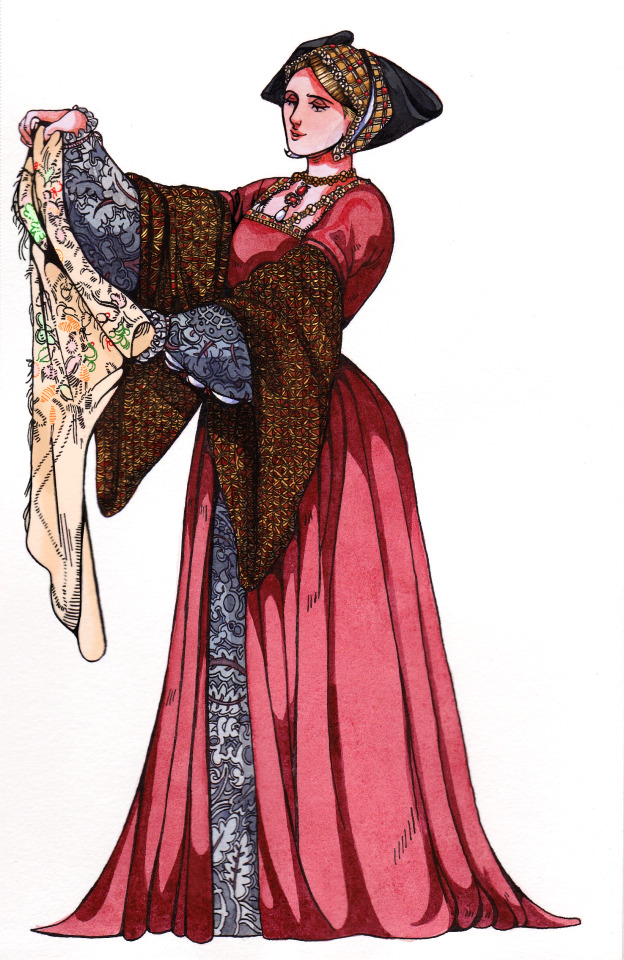
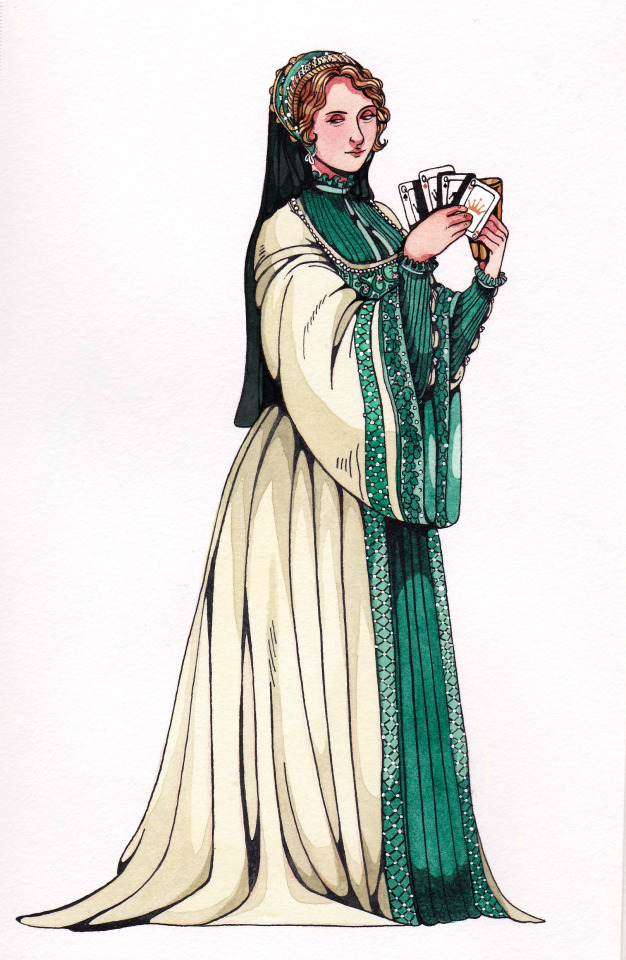
Next two of Henry VIII's wives: Jane Seymour and Anne of Cleves!
Putting a little explanation for these designs under the break:
Both of these women were painted by Hans Holbien, and their portraits by that artist played a pretty vital role in how I wanted to depict these women. For Jane, I decided to stick as close as I could, because I think Jane gets the most artistic interpretation than any of the other wives. She's a blank slate to a lot of directors in Tudor adaptations. This is brought on by the very scant records we have of what she was really like in life. We do know she loved quail while she was pregnant, and encouraged Henry to treat his daughter Mary better, which ultimately ended in her being welcomed back at court. Her family has kept samples of her embroidery through history, so it's fun to imagine her working on something in between breaks for her portrait.
For Anne, I went the complete opposite. Her Holbien portrait is extremely famous, but I feel like it creates the misconception that Anne never changed during the rest of her life in England. The portrait also has been used to cast doubts on her appearance (and whether or not her looks are exagerrated). In reality, Anne was dressed in typical English court digs when she arrived in England, and was noted to be very pretty. It wasn't until after Henry cast doubts on her appearrance, and even her chastity, in order to get out of the marriage as quickly as possible. I wanted to give these back to her, as white symbolised purity and chastity in this period. Anne lived a good life as Henry's sister, and outlived all the other of Henry's wives. She was known for being kind to her staff, and loving to pair cards with a good drink.
#henry viii#tudor history#tudors#jane seymour#anne of cleves#six wives of henry viii#illustration#watercolor#ink#renaissance history#fashion history#also anne of cleves is my favorite but don't tell the others because i love them all
683 notes
·
View notes
Text
random thought bc I've been listening to Six on repeat: the queens claim that the only reason they're remembered is because of Henry, but would Henry be one of the most iconic and well-known English monarchs if not for them?
#like his defining trait is sorta 'bloke who had six wives who he treated pretty badly all told' plus the whole church of england thing#which arguably would have happened anyway in some sense since protestantism was sweeping europe but is generally credited to him wanting#a divorce whether thats accurate or not#yes he was quite charismatic etc but there were plenty of others who were too or at least interesting#like nobody talks about the guy who was Probably murdered in a framed hunting accident#or the one who was executed by having a red hot poker rammed up his arse#or the one who dies after gorging himself on strawberries and eel pie iirc#ok fine maybe i only remember the memorable daeths but you get the point#the six wives are what made henry viii significant is what i'm saying#via shitposts#six#six the musical#tudors#tudor queens#catherine of aragon#anne boleyn#jane seymour#anne of cleves#katherine howard#catherine parr#henry viii
241 notes
·
View notes
Text

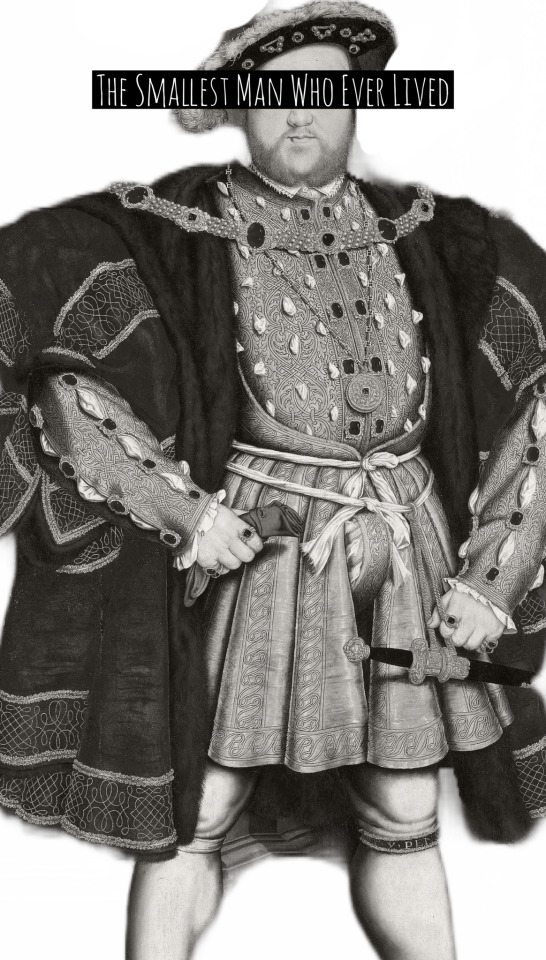
The Smallest Man Who Ever Lived by Taylor Swift x The Six Wives of Henry VIII
#😘😘😘#the smallest man who ever lived#taylor swift#ts ttpd#ttpd#ttpd era#the tortured poets department#catherine of aragon#anne boleyn#jane seymour#anne of cleves#katheryn howard#katherine parr#henry viii#tudor history#the tudors#english history#tudor era#tudor england#katherine of aragon#anna of cleves#taylorswift#tudor period#tudor#six wives of henry viii#the six wives of henry viii
82 notes
·
View notes